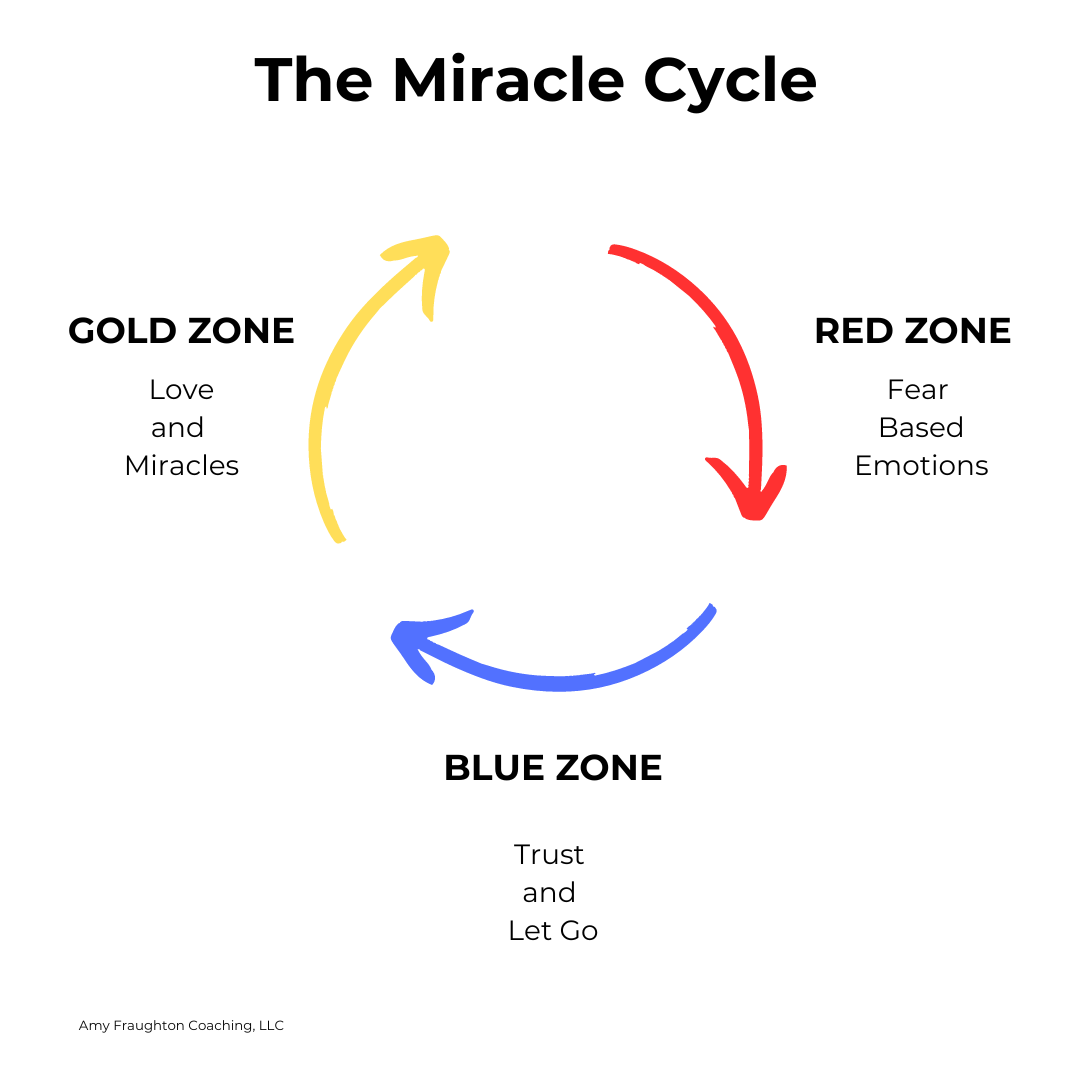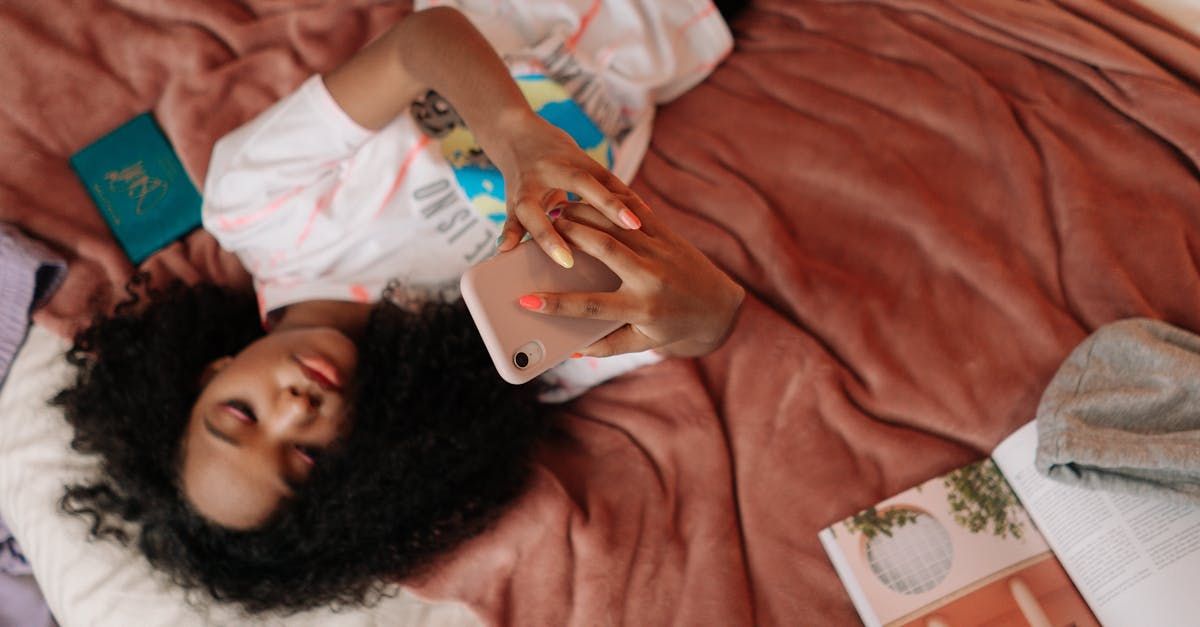Can Connection Heal Your Child's Mental Health?
The true power of a mom...

Is it possible to help your child heal from their struggle just by you being their mom?
In a world where pills, therapy, and counseling often take center stage, it’s time to shine a light on the power of a mother's love and connection and it's ability to help the child heal.
Picture this: your kid is battling anxiety, depression or just acting out, and you're desperately seeking solutions.
The first instinct might be to turn to medication. Sure, it works for some, but the reality?
Studies show that meds for anxiety and depression in kids aren't always the silver bullet we hope for.
According to a study published in the Journal of the American Academy of Child and Adolescent Psychiatry, only about 55% of youth respond to antidepressants. (And that's only at a 30% effectiveness.)
That’s not exactly a resounding success rate.
Not only that, but pills are just putting a bandaid on the problem, but the problem is still there!
Then there’s therapy and counseling, which can be incredibly beneficial for some.
But here’s the kicker: at the bottom of every mental illness and off behavior is the need to feel loved and okay. What they are lacking is a deep, emotional connection.
Do we want them to connect with the therapist or you, their parent?
According to a study published in the Journal of Adolescent Health, "Positive parent-child relationships have been linked to lower levels of adolescent depressive symptoms and higher levels of psychological well-being" (source: "Parent–Adolescent Relationship Quality and Adolescent Psychological Adjustment in Stepparent Families: Developmental Outcomes in Emerging Adulthood" by Jensen et al., 2018).
In simpler terms? When our teens feel connected to us, they feel better.
As a parent-child relationship coach, I see this all the time. The girl that is athletic, academic, social, but shut off and closed down... turns out it's because she has a horrible relationship with her Dad.
Or the child who is showing anger, rudeness and always blaming others... but the mom was never taught how to nurture the child and show compassion, so they are both suffering.
But once those relationships are mended and the parent learns how to connect better, these older children now have a place to share their emotions and process their pain from the most important source of all... the mom.
They finally feel seen, heard, and validated. So their emotions can be calmed and soothed and pass more quickly using their parents as a strong foundation to support them unconditionally so that they are able to thrive again.
I see it over and over and over.
I love how parenting expert, Dr. Christopher Willard explains it:
"All of our emotions are really contagious. Some of the most contagious emotions unfortunately are anxiety and stress. But on the flip side, calm is very contagious, self regulation is contagious, mindfulness itself is very contagious. So it becomes this systemic thing that passes between caregivers and kids that can start to transform things."
So, what does this mean for us parents? It means that we DO have a huge opportunity to be the way our children change. And having a healthy relationship with our children is absolutely essential their mental well-being.
Now, I get it.
Teenagers are moody creatures, and while this sounds nice and flowery, sometimes it's hard to even get our child to say a nice "hi mom", let alone sit down with us and have a solid heart to heart talk.
When our children are acting out, withdrawing or playing the victim, that's their way of communication to us that they are empty.
Even if they lead seemingly involved and successful lives, inside they could be feeling like no one truly knows them or understands what they are going through.
Again, it's their behavior that is how they communicate how they are feeling.
But here's the good news: there's no one better than the mom who can give them that sense of connection that they really need.
And learning to love them in a way that builds that connection is definitely something that can be learned.
And I'm not talking about making their favorite meal or buying those cool 'kicks' for them.
True connection is showing that you are there for them, will understand them, and not judge them for how they are feeling.
It's them being able to make mistakes without the fear of being punished or shamed, but instead just loved and taught.
In the end, the parent-child connection isn't just about fostering stronger relationships; it's about giving our children a sure knowledge that they aren't broken, that nothing is wrong with them and that no matter what, they are loved!
When they have this, an unconditional acceptance and love from their parents, there's no room for anxiety or acting out.
There's no reason for depression.
And no concern for suicidal ideations.
And no reason for them to withdraw.
And that is how we help heal the mental health issues long term...
To learn step by step how you can truly connect with your child and help them have better mental health and help them start thriving, join my program The Miracle Connection today.

